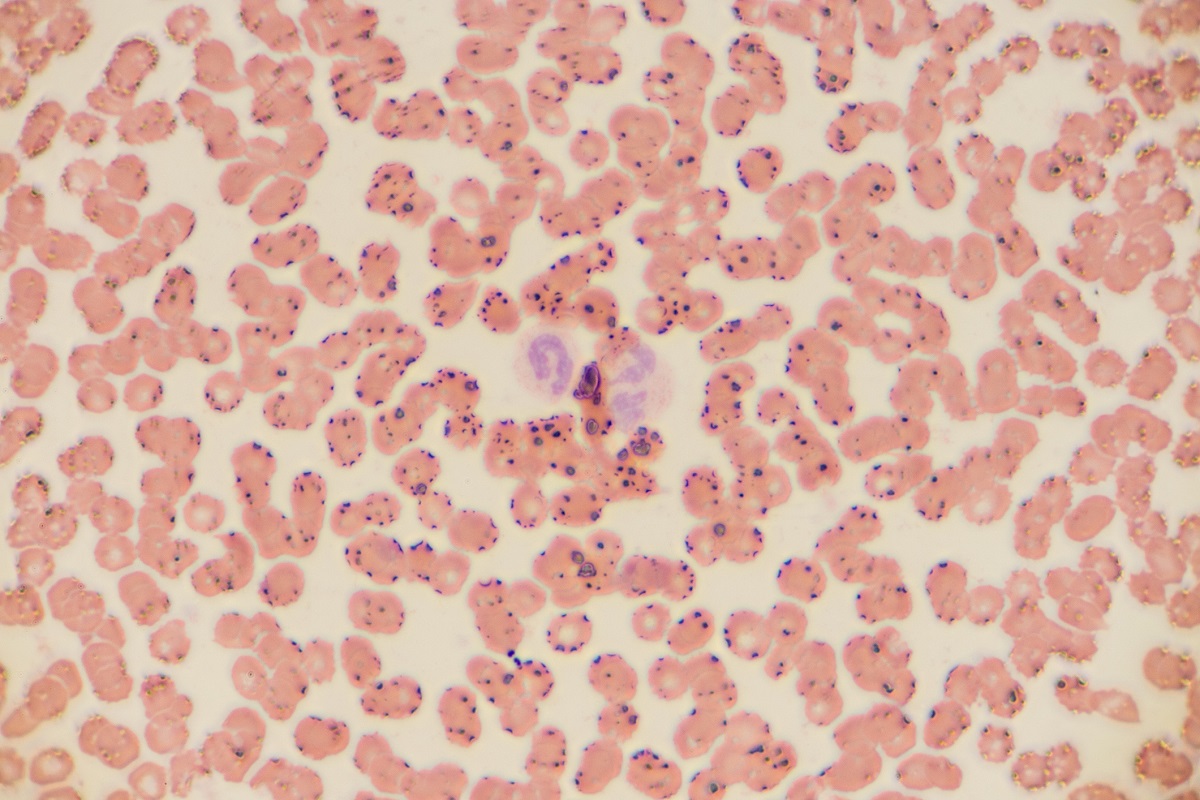KEY TAKEAWAYS
- The MonumenTAL-1 phase I/II trials aimed to assess the efficacy and safety of Tal in myeloma patients with features historically resistant to standard therapies.
- The results demonstrated clinical benefit across most high-risk AML, with notable responses even in challenging EMD and ISS III subgroups.
Acute Myeloid Leukemia (AML) and Multiple Myeloma (MM) are hematologic malignancies affecting distinct stages of blood cell development. While AML involves immature blood cells in the bone marrow, MM specifically targets blood plasma cells. Talquetamab (Tal) is a novel drug targeting a new protein (GPRC5D) in MM cells and activating the immune system against them.
Amrita Y. Krishnan and her research team aimed to analyze the efficacy and safety of Tal in MM patients, which indicates poorer outcomes on standard therapies through subgroup analysis.
The safety and efficacy of subcutaneous Tal at recommended phase 2 doses (0.4 mg/kg weekly and 0.8 mg/kg every other week) were previously documented in patients, with subgroup analyses including those aged ≥75 years, high-risk cytogenetics[del(17p), t(4;14), and/or t(14;16)]; ISS stage III; renal impairment (baseline function ≤60 mL/min/1.73m2), ISS stage III, renal impairment (baseline function ≤60 mL/min/1.73m2), triple-class refractory status, and presence of extramedullary disease (EMD; ≥1, including soft tissue plasmacytomas).
The study administered Tal 0.4 mg/kg QW and 0.8 mg/kg Q2W in patients, resulting in 143 and 145 patients, respectively. Among these, 74.1% and 69.0% were triple-class refractory; 14.7% and 22.1% were ≥75 years; 28.7% and 25.5% had high-risk cytogenetics; 19.6% and 24.1% were ISS III; 28.0% and 31.0% had renal impairment; and 23.1% and 25.5% had EMD. Median follow-up for the subgroups aligned with their respective dose cohorts in the overall population (QW, 19 mo; Q2W, 13 mo).
In the Q2W cohort, efficacy mirrored the overall population (ORR, 72%; 9-mo DOR, 76%; 12-mo PFS, 54%; 12-mo OS, 77%). This consistency extended across subgroups: age ≥75 years (ORR, 75%; 9-mo DOR, 92%; 12-mo PFS, 71%; 12-mo OS, 83%), high-risk cytogenetics (ORR, 76%; 9-mo DOR, 78%; 12-mo PFS, 63%; 12-mo OS, 62%), triple-class refractory (ORR, 69%; 9-mo DOR, 73%; 12-mo PFS, 50%; 12-mo OS, 73%), and renal impairment (ORR, 67%; 9-mo DOR, 64%; 12-mo PFS, 40%; 12-mo OS, 72%).
Efficacy showed a decline in ISS III (ORR, 60%; 9-mo DOR, 61%; 12-mo PFS, 38%; 12-mo OS, 67%) and EMD (ORR, 43%; 9-mo DOR, 56%; 12-mo PFS, 27%; 12-mo OS, 65%) subgroups, with similar trends observed in the QW cohort. The safety profile across subgroups in both cohorts generally aligned with the overall population. Discontinuation rates due to adverse events surpassed the overall population (QW and Q2W, 5–8%) in age ≥75 years (14.3%) and ISS III (10.7%) subgroups in the QW cohort, as well as ISS III (14.3%) and renal impairment (13.3%) subgroups in the Q2W cohort.
The results demonstrated that tal monotherapy showed consistent clinical benefit in most patients with traditional high-risk features, with responses observed in over one-third and one-half of patients in the EMD and ISS III subgroups, respectively. The research is sponsored by Janssen Research & Development, LLC.
Clinical Trials: https://clinicaltrials.gov/study/NCT03399799
https://clinicaltrials.gov/study/NCT04634552
Krishnan, Y.A., Talquetamab, a G Protein–Coupled Receptor Family C Group 5 Member D × CD3 Bispecific Antibody, in Relapsed/Refractory Multiple Myeloma: Efficacy and Safety of Patient Subgroups from MonumenTAL-1”. Presented at IMS 20th Annual Meeting and Exposition (Sep 27-30,2023), Megaron Athens International Conference Centre, Greece.



